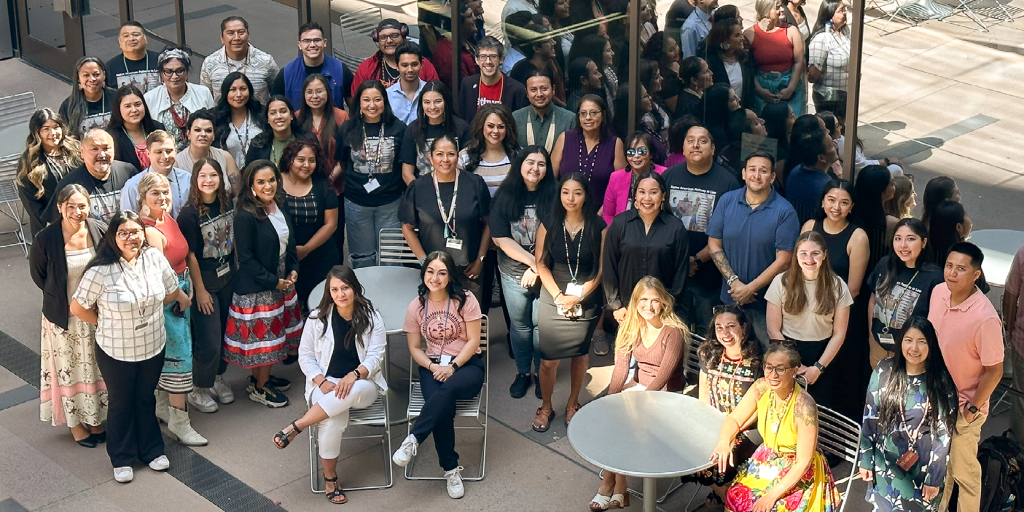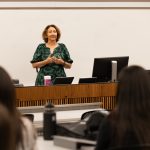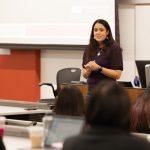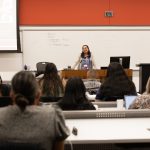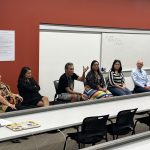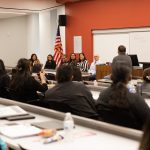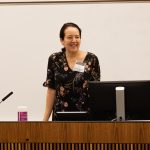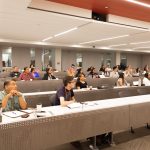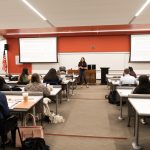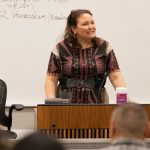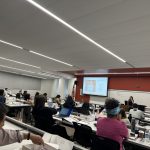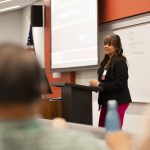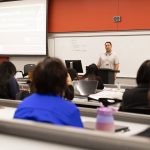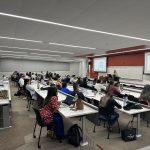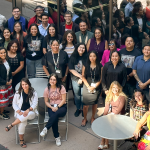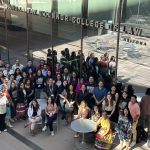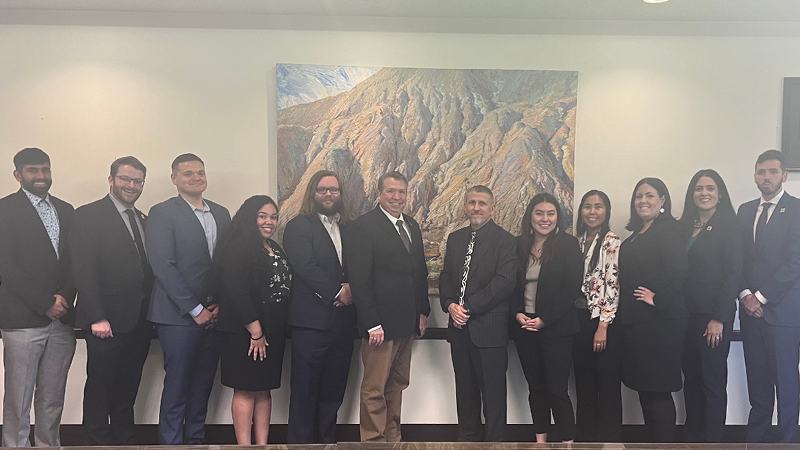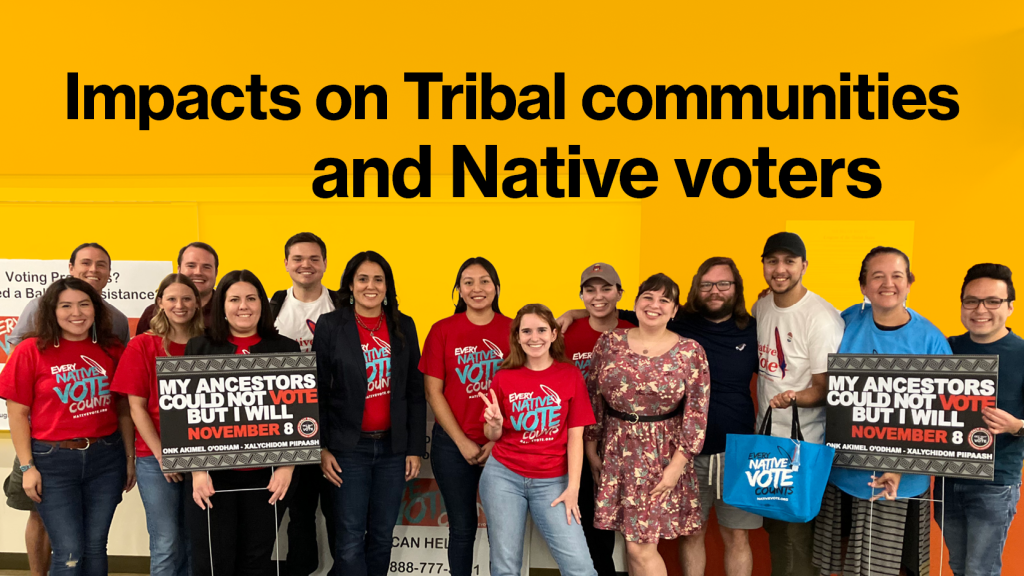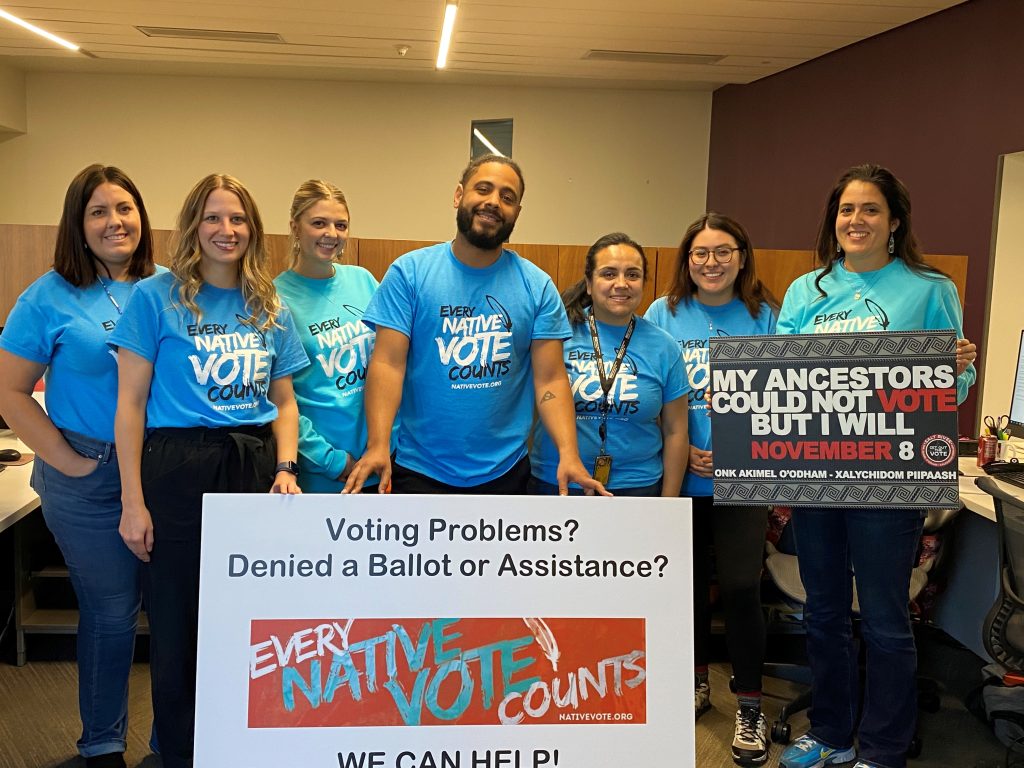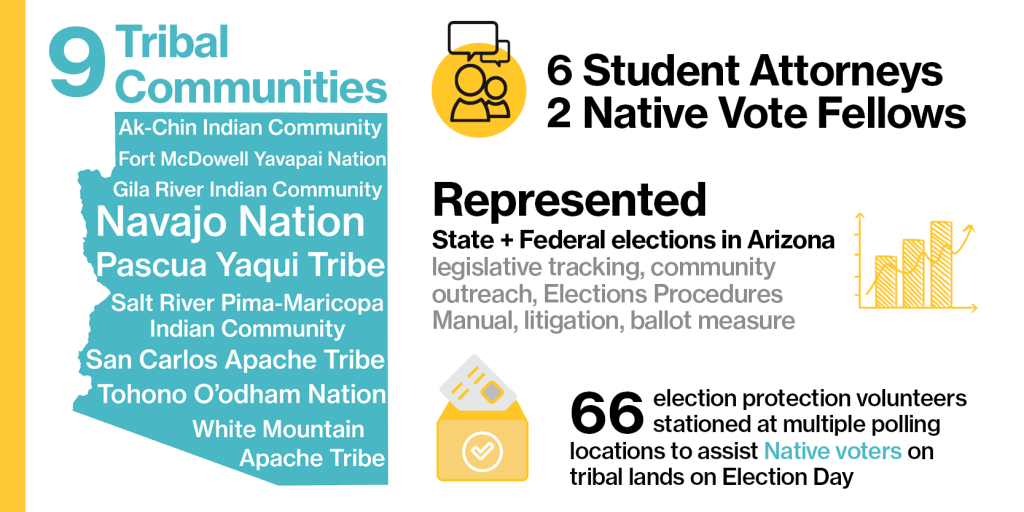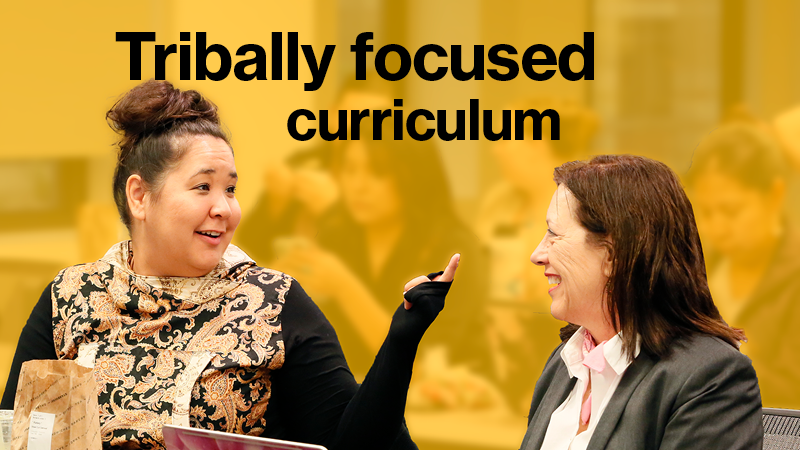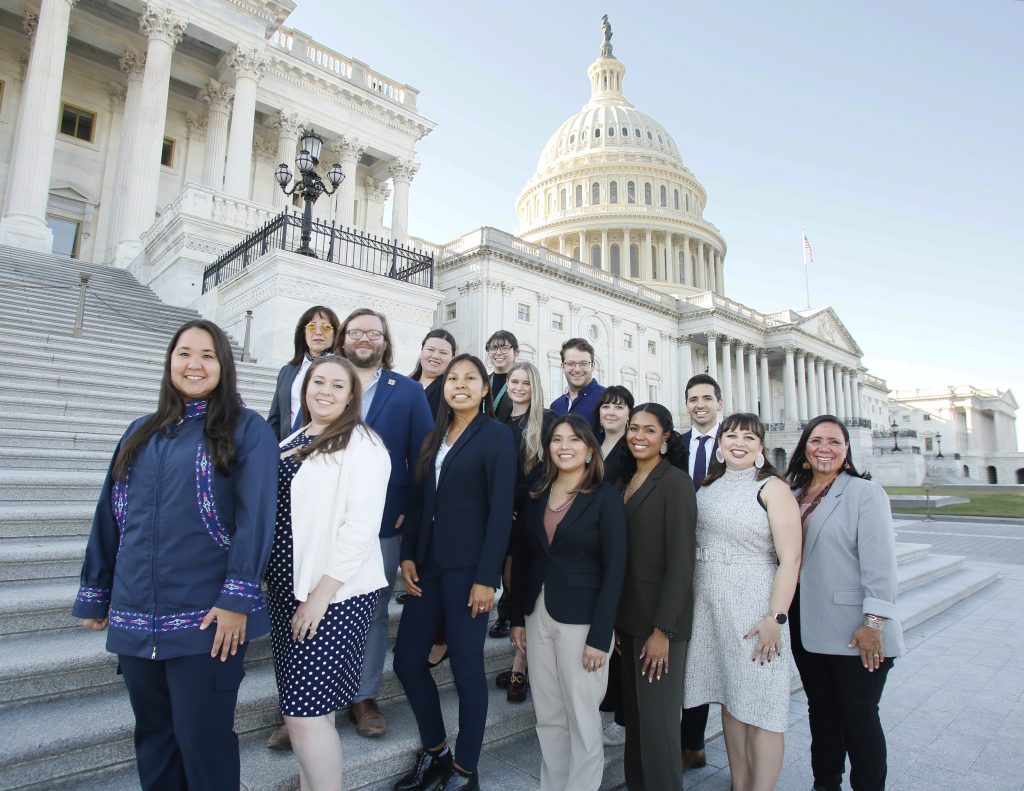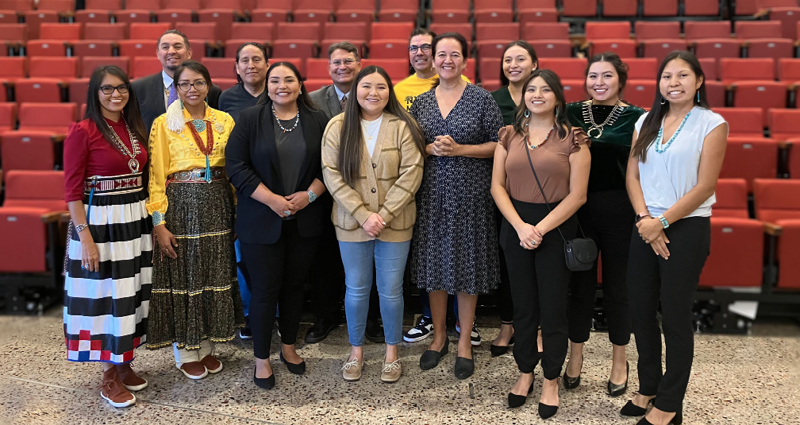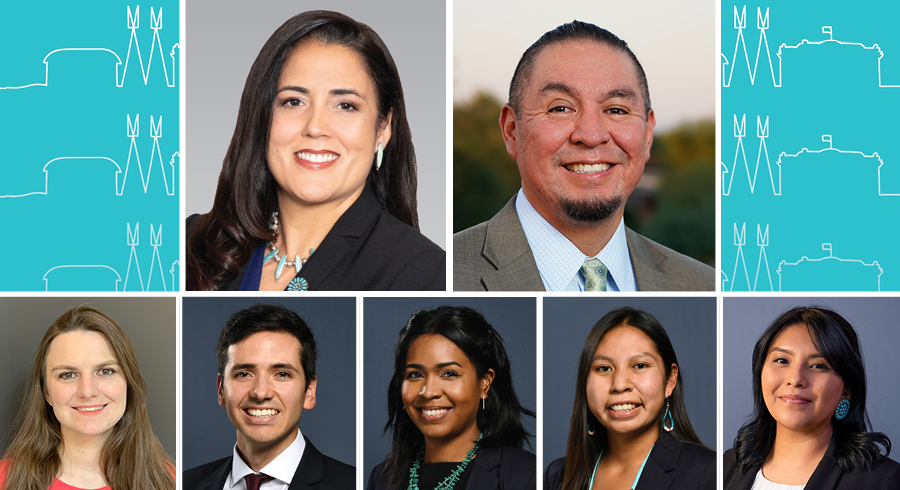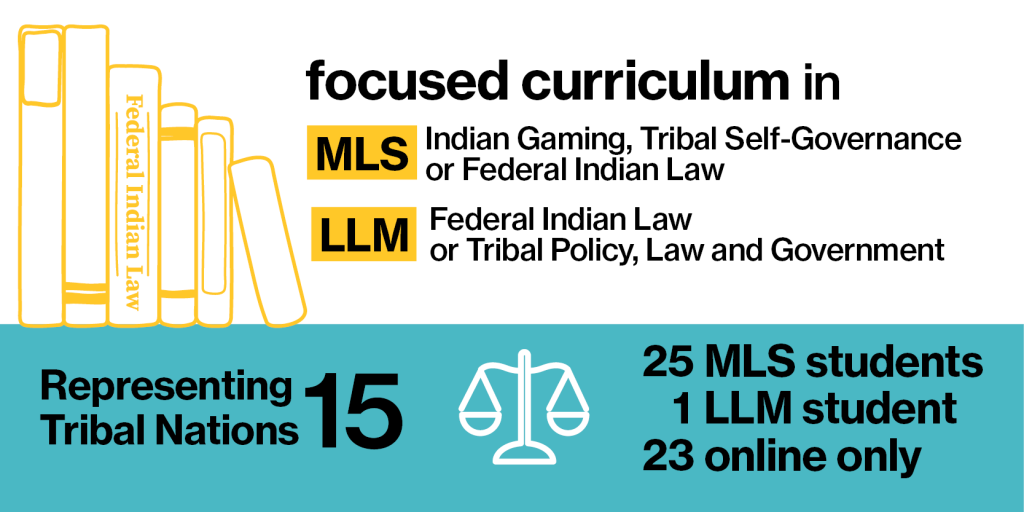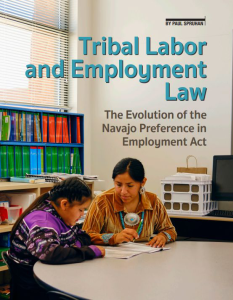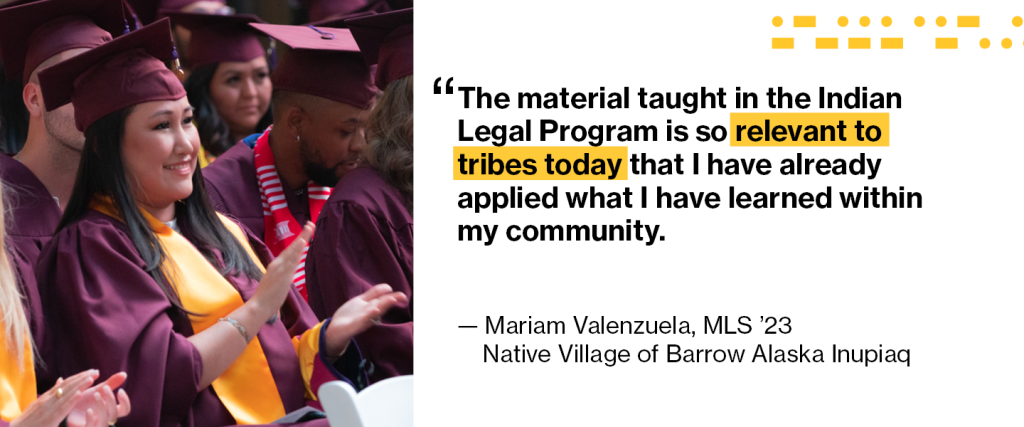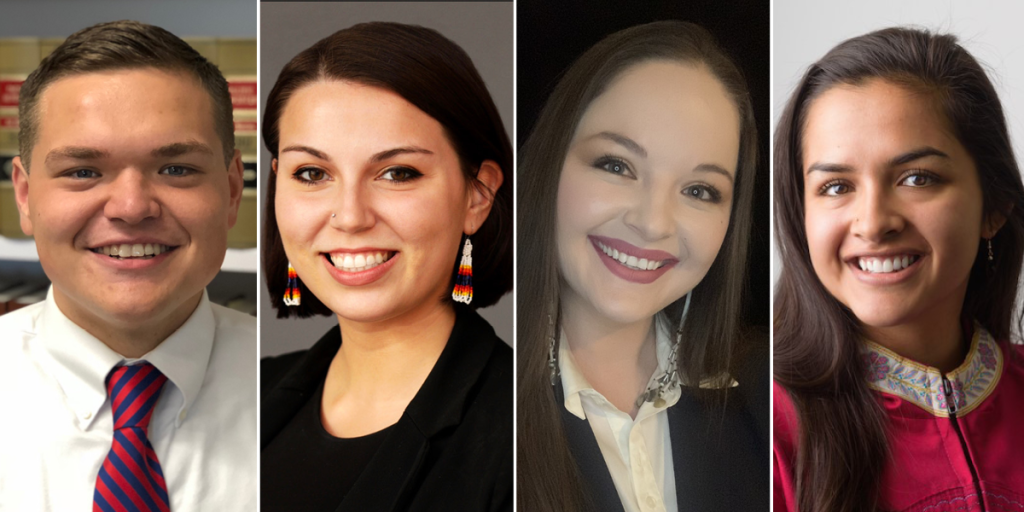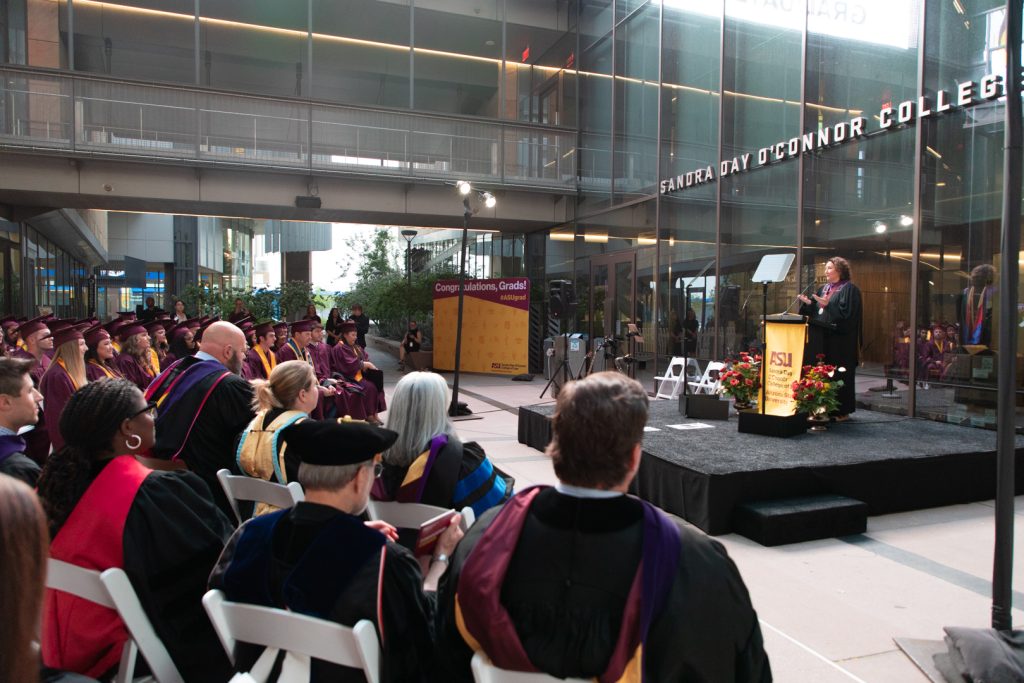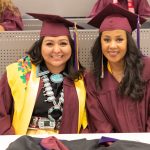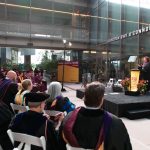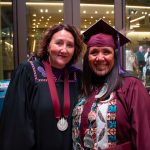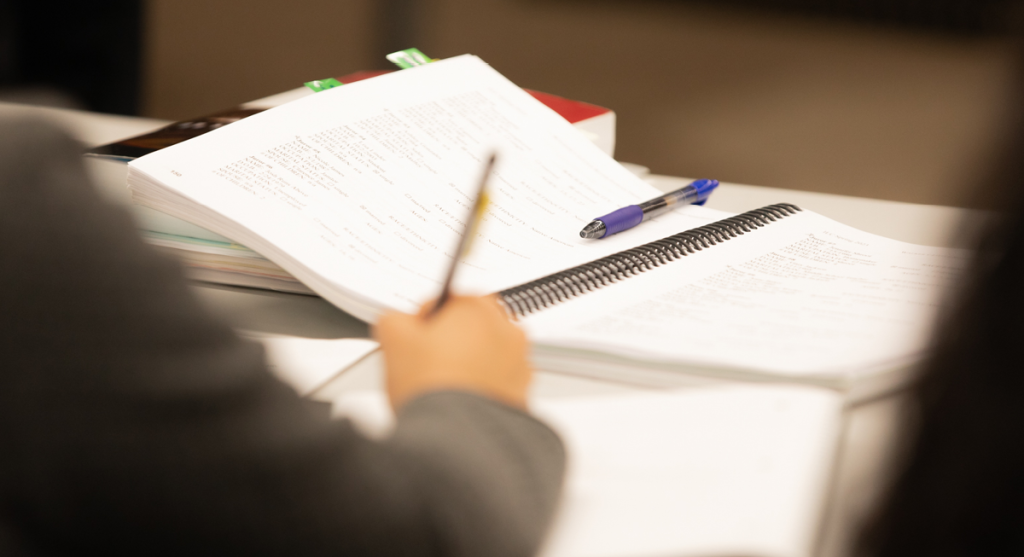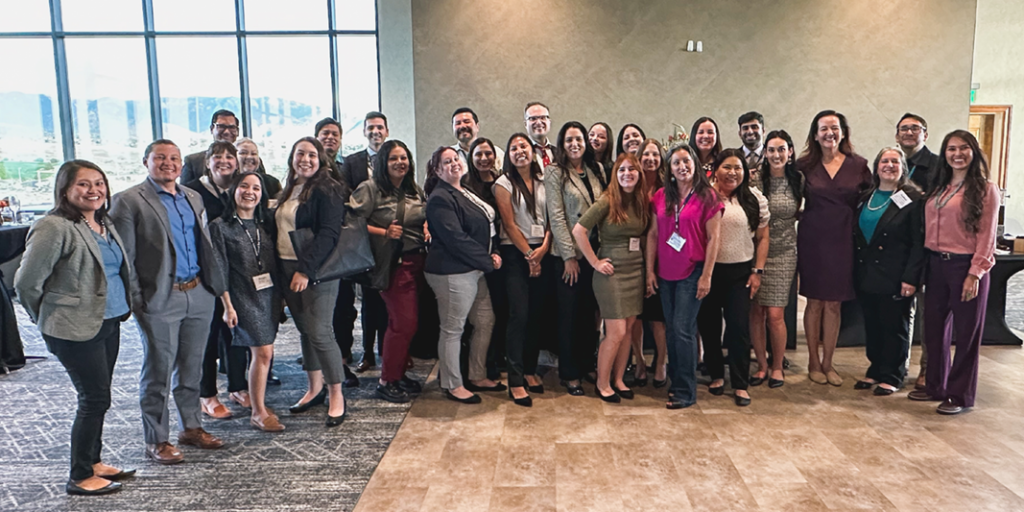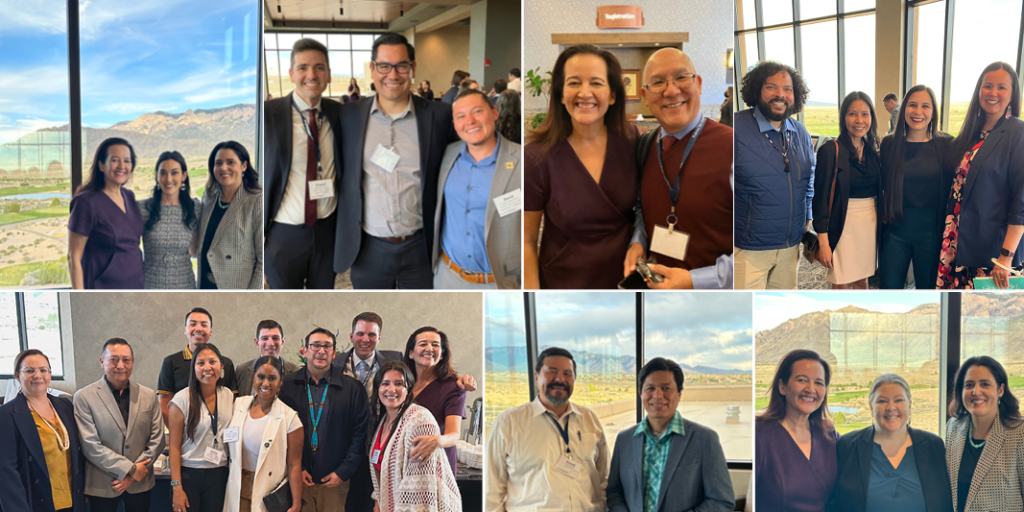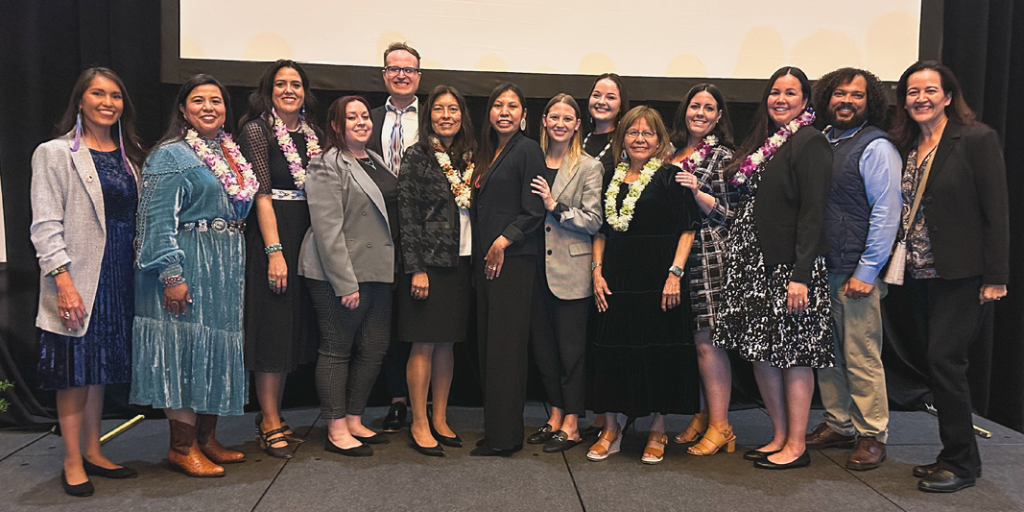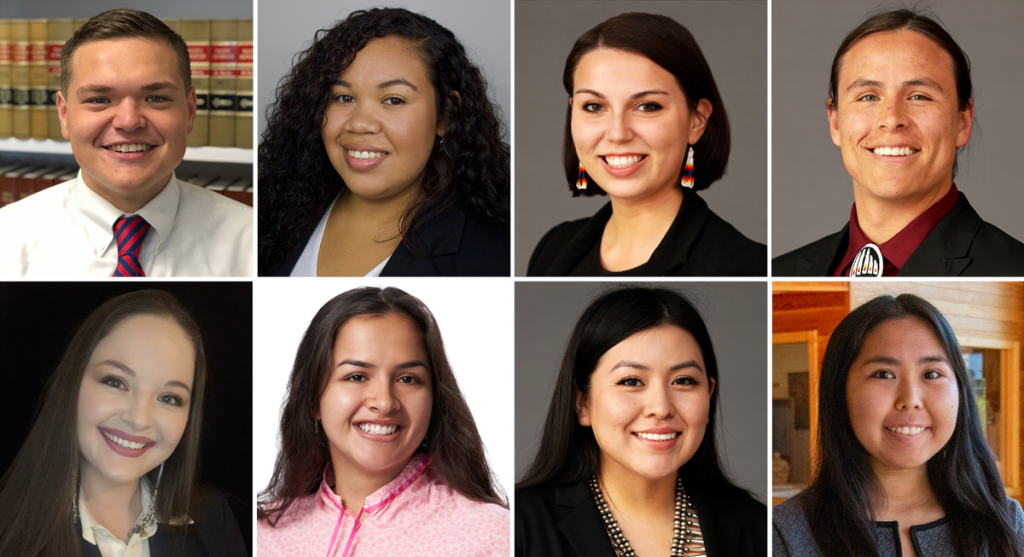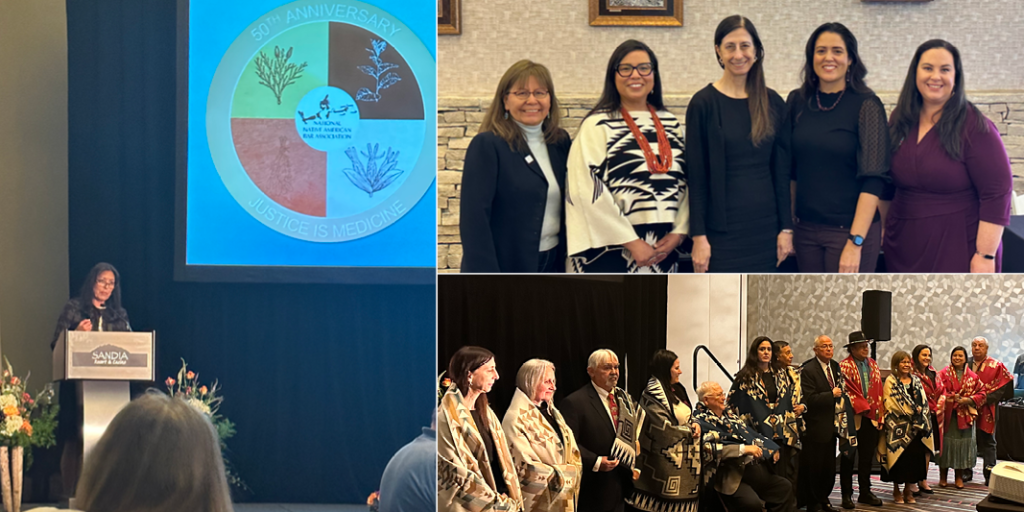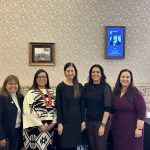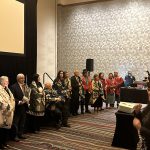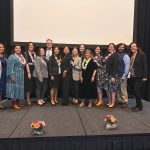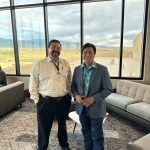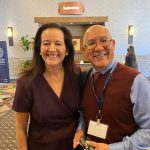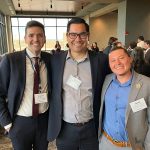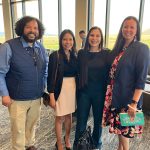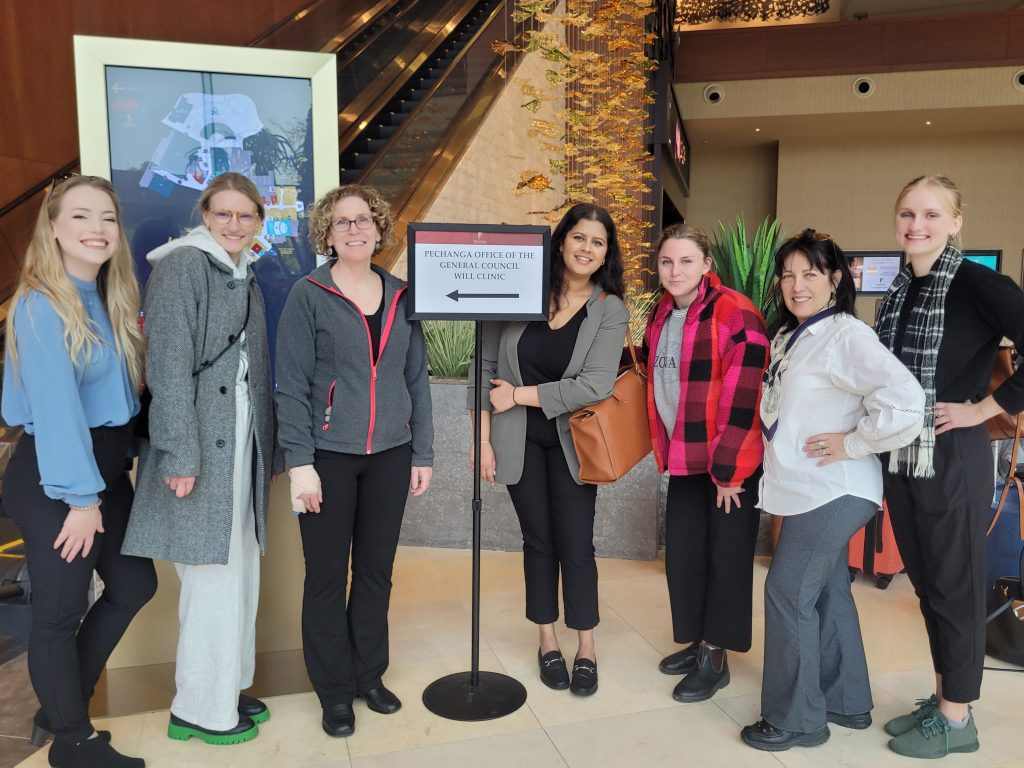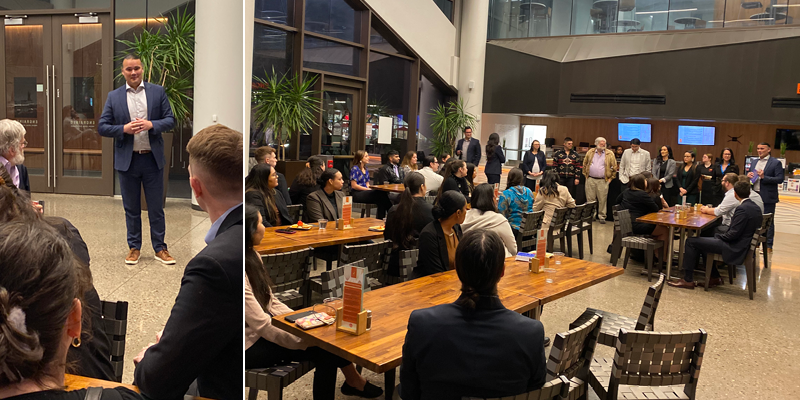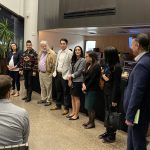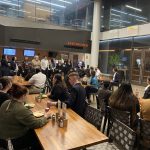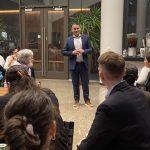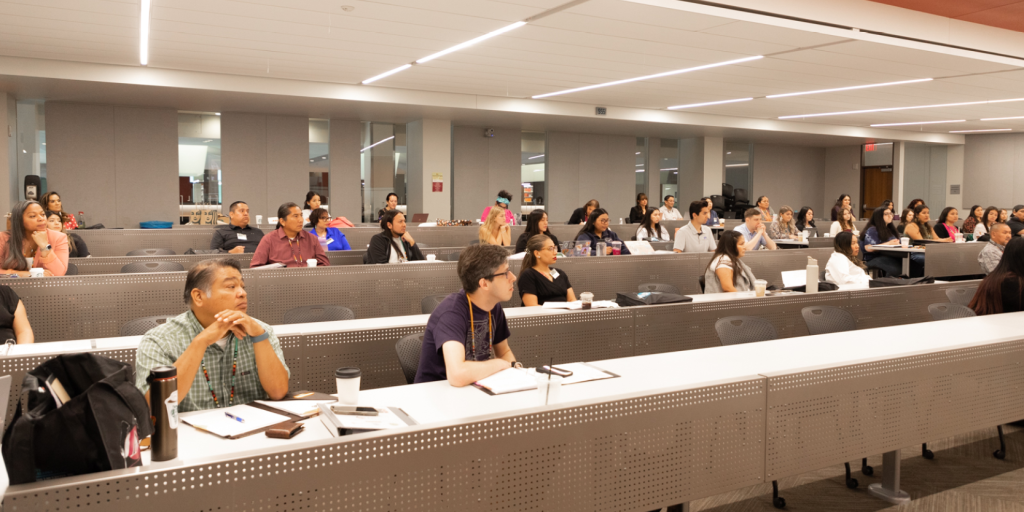
The ILP teamed up with its Native American Pathway to Law Initiative partners – University of California, Berkeley School of Law’s Admissions Office, Michigan State University College of Law’s Indigenous Law and Policy Center and Pre-Law Summer Institute, and American Indian Law Center, Inc. – and hosted its ninth annual Pathway to Law workshop at ASU Law. The program brought together 43 Native American students representing 30 tribes to learn about the law school admissions process, and tools and resources to support their law journey.
Stacy Leeds, Willard H. Pedrick Dean and Regents Professor of Law, gave a warm welcome to the class, discussed brief Indian Law history, and shared her wisdom and tips. Patty Ferguson-Bohnee, ILP Faculty Director, also extended a hearty welcome to the students.
Wenona Singel, Professor of Law and Associate Director of the Indigenous Law & Policy Center at Michigan State University (MSU Law) presented “Indigenizing the Legal Profession” and provided insight on Native American lawyers in the United States.
Kristen Theis-Alvarez, Dean of Admissions and Financial Aid at Berkeley Law, provided her expertise in several panels covering the law school admissions timeline and how to create a strong application packet.
To empower the students, Native law professionals Diandra Benally (’05), Torey Dolan (’19), Joseph Flies-Away (’04), Michelle Fox, Kiyoko Patterson (’03) and Denten Robinson presented on a panel “Why we need more Native attorneys.” Law students Gabe Dowell (2L), Keely Driscoll (2L), Shandiin Herrera (2L), Maryam Salazar (3L) and Berkeley Law 2L Robin Martinez shared their current experiences in law school during the panel presentation “Our journeys, in our own voices.” Both panel sessions were moderated by attorney Jeremy Aliason.
Simon Goldenberg (’17) and Cassondra Church discussed an overview of law school in their presentation “3 years in a Nut Shell.”
“One of the first courses you’re going to take in law school is Property Law,” said Professor Trevor Reed in his mock class. “It’s a complicated subject because it’s all about ownership.” Students were given cases to read and prepare for Professor Reed’s class and learned about briefing the case and best argument.
ILP Executive Director Kate Rosier and Theis-Alvarez co-presented “Choosing where to apply.”
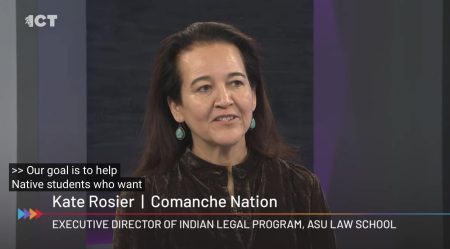
During the Pathway to Law Workshop, Rosier joined Indian Country Today and talked about the history of the Native American Pathway to Law Initiative and positive outcomes of the program.
Rodina Cave Parnall, Executive Director of the American Indian Law Center presented on “Extending the pipeline: an intro to PLSI.”
Joseph Lindsay, Director of Admissions and Operations at Berkeley Law, presented “Financial aid: resources and considerations for Native law students.”
We appreciate all of the partners, ILP faculty, staff and alumni, attorneys and law students for supporting these motivated Native American students and their bright future.
This was the largest workshop to date, congratulations to the Pathway to Law national team: Cassondra Church and Wenona Singel, Indigenous Law & Policy Center, Michigan State University College of Law; Joseph Lindsay and Kristin Theis-Alvarez, Berkeley Law; Rodina Cave Parnall (’01), American Indian Law Center, Inc.; and Kate Rosier, ILP at ASU Law.

